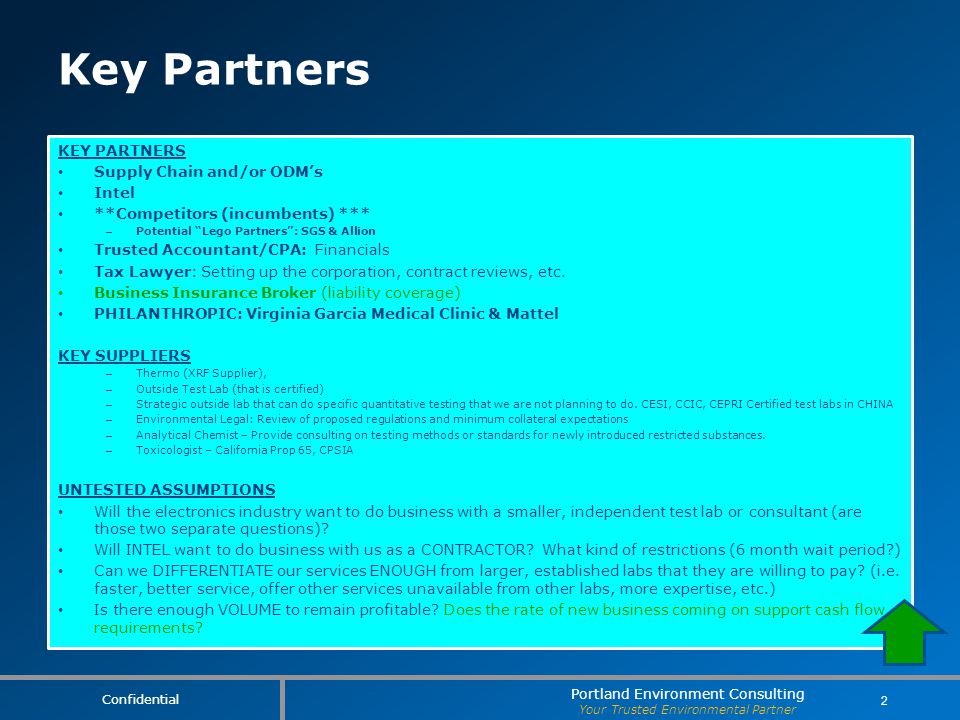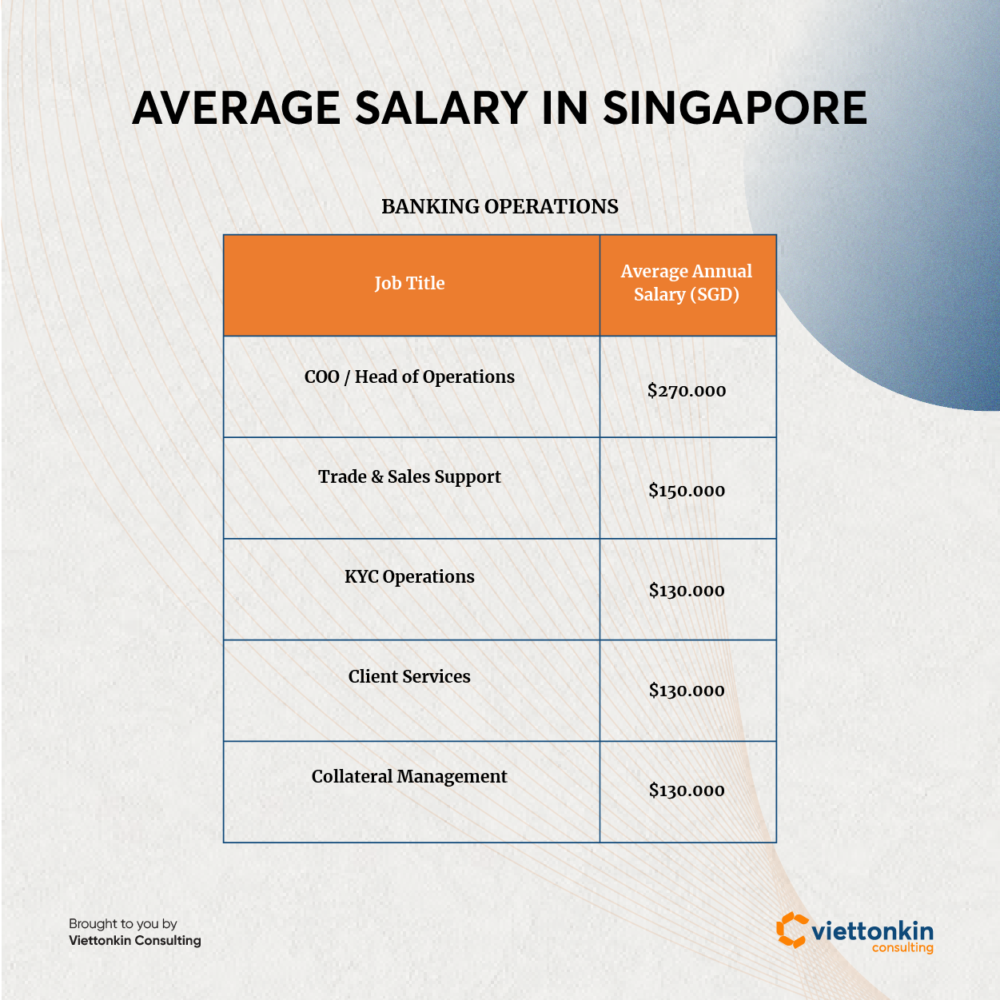
The job of a junior software engineer can be a challenging and rewarding one, and a good number of companies are looking for these highly-skilled professionals. Lockheed Martin, IBM, and Lockheed Martin are just a few of these companies. This article will cover the job requirements, education requirements, and working environment. You'll be ready for your job search after reading this article.
Job duties
Junior software engineers are responsible for implementing software solutions and analysing the data. But they also can play a more general role. Some software engineers work for small and medium-sized firms, while others may work as consultants. Software engineers have broad skills which allow them to climb the career ladder.
Software engineers need to be familiar with all phases of software development including design, testing and debugging. They should also have an excellent working knowledge in all aspects of software languages, frameworks, or tools. They must be able collaborate with others and multitask. They should also be able use various email systems and databases.

Education is required
A formal education in computer sciences is required to be a junior software engineer. You have a few options for preparing yourself for this career. The following list contains information about the education requirements required for this career.
A bachelor's in computer science or a similar field is highly recommended. Programming skills are also essential for software engineers. Ideally, they should understand at least one scripting language or object-oriented language, such as Java or C++. These technical skills won't be much of any use if there isn't a curiosity to solve problems.
Salary
The typical salary of a junior engineer in software engineering is comparable to that paid to other engineers working in the field. You can always increase your salary if you're unhappy with the current wage. A good way to do so is to seek advice from recruiters. These professionals will be able to provide you with valuable insights on the salary levels of junior software engineers.
A typical Junior Software Engineer salary ranges from USD 60,000 to USD 200,000. The salary of a junior software engineering engineer may vary depending on the location and city. The range of salaries for similar positions is the same across the United States.

Work environment
Junior software engineers work in an office environment as they are often required to be in an IT company. They might also travel for training or conferences. They might be required to work extra hours during peak periods. They often work in groups and are supported with senior software engineers and other professionals. This type of work can offer a lot to growth, but they need to keep up with new developments in the field.
A junior software engineering's work hours are typically eight to nine hours per hour. While some companies may require additional hours, others might require you to work on-call or in the evenings. While this is typical, it can be difficult to take a career break when you're still learning.
FAQ
What type of jobs can a consultant do?
You will need to be able to understand business strategy and operations if you want to work as a consultant. It is important to understand the workings of businesses and how they fit into society.
Being a consultant requires great communication skills and the ability think critically.
Consultants should be flexible because they may be asked for different tasks at various times. They should be able change direction quickly, if required.
They should be willing to travel extensively on behalf of their clients. They may be required to travel all over the globe for this type of work.
They also need to be able to handle pressure and stress well. Consultants might sometimes have to meet tight deadlines.
Consultants might be required to work long hours. This can mean you might not always receive overtime compensation.
Can anyone be an advisor?
A consultant is someone who helps you achieve your goal by providing advice on how to do something better, faster, cheaper, etc.
You may need a consultant to help you with problems, make decisions or negotiate with others.
Consultants are often hired to help with specific tasks and projects.
Actually, most consultants get paid hourly and daily rates, rather than per-project.
Which industries use consultants?
There are many types. There are many types of consultants. Some specialize in one type of business, while others can handle multiple areas.
Some consultants are only available to private companies while others work with large corporations.
Some consultants are available to help businesses around the world.
Who hires consultants
Many organizations have consultants who help them with projects. These can include small businesses and large corporations, government agencies as well non-profits and educational institutions.
Some consultants work directly with these organizations while others freelance. The process of hiring depends on the size and complexity the project.
Before you can hire a consultant, there will be several rounds of interviews.
What is the cost of hiring a consultant?
Many factors go into determining how much it costs to hire a consultant. These factors are:
-
Project size
-
Time frame
-
Scope of work
-
Fees
-
Deliverables
-
Other factors to consider include location, experience, and other considerations.
Statistics
- 67% of consultants start their consulting businesses after quitting their jobs, while 33% start while they're still at their jobs. (consultingsuccess.com)
- WHY choose me: Why your ideal client should choose you (ex: 10 years of experience and 6-week program has helped over 20 clients boost their sales by an average of 33% in 6 months). (consultingsuccess.com)
- On average, your program increases the sales team's performance by 33%. (consultingsuccess.com)
- Over 50% of consultants get their first consulting client through a referral from their network. (consultingsuccess.com)
- My 10 years of experience and 6-step program have helped over 20 clients boost their sales by an average of 33% in 6 months. (consultingsuccess.com)
External Links
How To
How can I find a good consultant for my business?
The first step in finding a good consultant is understanding what you want from your consultant. Do you want them helping you improve your website's performance or not? You want them to optimize the site for search engines to make it rank higher. Perhaps you simply need someone to tell you if your current host provider is having issues. You should know the type of services that you require before you start looking at other companies. Many consultants claim that they can offer these services. But only a small percentage of them are able to deliver. How can you pick the right one? Here are some considerations when choosing a consultant.
-
Get recommendations. This is probably one of the best ways to find a consultant. Because you are likely to pay too much, you shouldn't hire someone who you have never heard of. You also don't want someone with a poor reputation to work for you. It's great if you get recommendations from people you trust. Even if you don’t have any referrals, you can still look online for reviews. Seek out testimonials from satisfied clients.
-
Ask around. Many people aren't aware that they could benefit from hiring a consultant. They think that since they're currently doing fine, they don't need to make changes. This is often not true. Even if your results are great, there's a good chance that you haven’t kept up with the latest trends and technologies. Your business could be missing out if it relies on outdated methods. It's always worth asking for referrals to find good consultants.
-
Be sure to check their credentials. No matter how small your project is, it's important to ensure that the consultant you choose has the necessary skills. It doesn't matter if they are qualified for the task or not; make sure they are knowledgeable in the field.
-
Find out the type of projects they specialize. While you might assume that everyone can handle everything, this isn't true. You may need to have specific training or education in certain areas. You wouldn't hire someone who can build a WordPress theme if they aren't experts in Drupal. The same goes for graphic design, programming languages, etc. Be sure to ask what kinds of projects they typically work on.
-
Be aware of their fees. You don't want a consultant who charges too much. But you also don't want to pay too little either. Consultants come in many sizes and shapes. Some charge hourly rates while others bill per project. You can save money by knowing upfront exactly what you will be paying.
-
Find out what they offer. Do they offer free consultations? Are they willing to give advice about how to set up your own system or provide other assistance? Can they guarantee your site will rank higher if you work with them? You can cancel your consultation at any time without penalty if you are not satisfied with what you heard.
-
Also, ask if discounts are available for multiple months and years. Many consultants offer discounted pricing for extended periods of time. While you don't necessarily need to commit for a whole year, you can still take advantage of any deals that they offer.